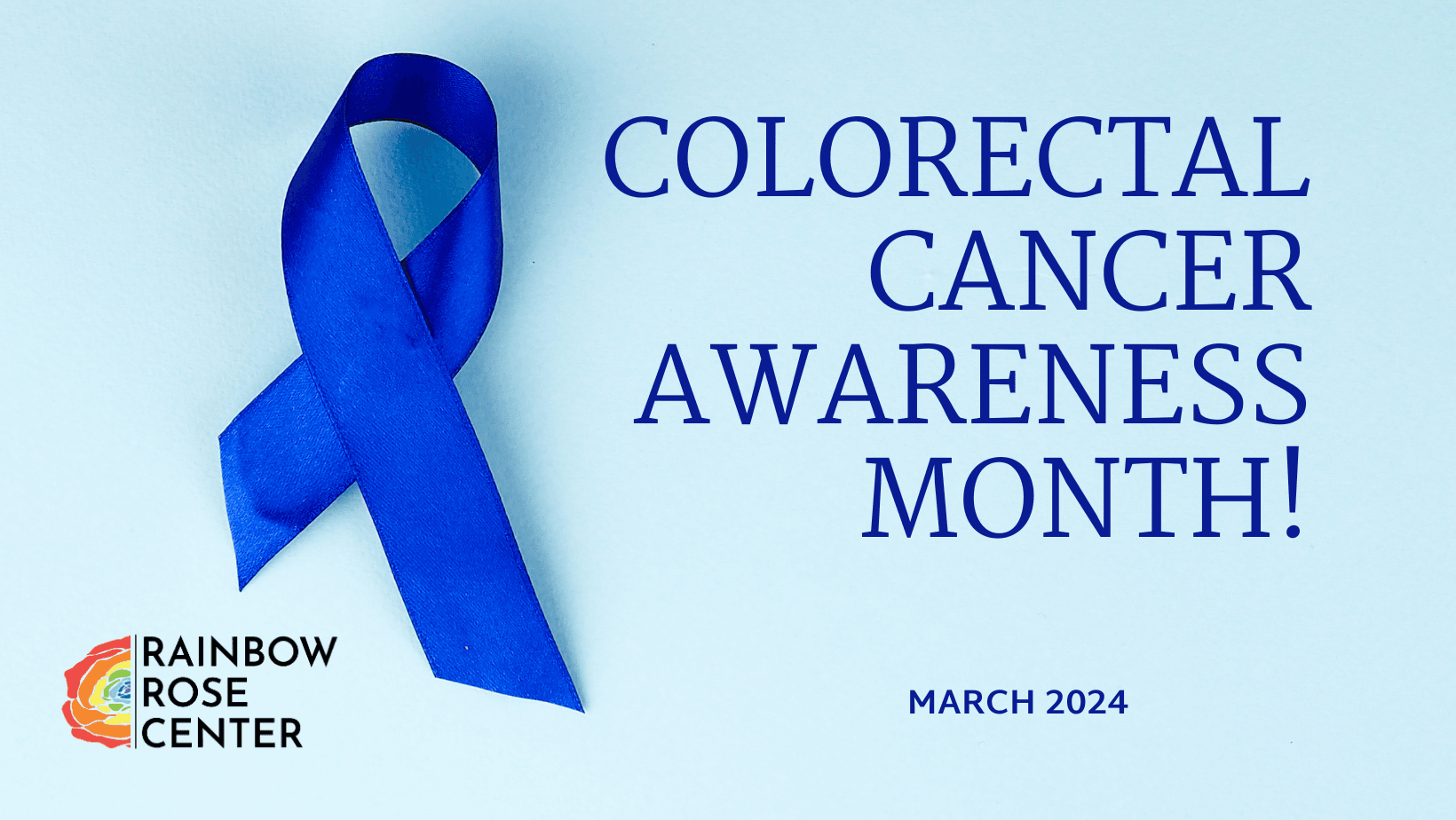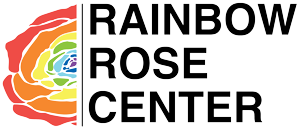
Family Doctors have a well-earned reputation for having some weird and niche passions about health. And Rainbow Rose Center does, as well! So that's why March is one of my favorite health-themed months: Colorectal Cancer Awareness Month!
I know that Colorectal Cancer (CRC) may not be everyone's favorite health topic, but the fact is it's super important. Important because CRC can affect people at younger ages than many other cancers, and also important because there are effective screening tests! These tests are effective at both identifying cancer early, and in offering potential treatments. And, as technology has advanced in the past several years, these tests are more effective for younger people, and now there are more options!
The recommendations discussed below are from the United States Preventive Services Task Force, which reviews and updates recommendations regularly, based on the most advanced science and technology.
First, the when: You should get screened for CRC, starting at age 45.This is a change from previous recommendations, but is based on the fact that about 10% of CRC occurs in individuals under age 50 (the previous starting point), and tests have been shown to be safe and effective in people under age 50.
Second, the how: it's your choice! There are two options that are most common.
- The first option is an at-home test kit. The kit (which you can get from your healthcare provider, or sometimes, your health insurance) walks you through instructions on collecting a home stool sample, and contains instructions for submitting the sample to a lab. Your results are usually available within a week or so. Generally, if you get a negative test, you would repeat this test in three years.
- The second option is colonoscopy. This involves an evaluation with a specialist team, where you get instructions. You'll have some guidance on medications and diet, and a "colon prep" of liquid diet and laxatives, to cleanse your colon, usually for 1-2 days. At the end of the "prep", you'll go to a surgery center where you'll go under anesthesia, and a doctor will use a special camera to look for polyps and other signs of cancer. In many cases, anything found (like a polyp) can be removed during the procedure, both to send for testing, but also to remove the polyp. If this test is normal, it is usually repeated in about 10 years (sooner if there are polyps).
If neither of these sounds good, there are other options, such as other stool test kits, shorter procedures like sigmoidoscopy, or special imaging tests, but all these have nuances as to how effective they are and whether they are right for certain people, so if you want to learn more, I would recommend discussing this with your healthcare provider.
The most important message of this: if you are 45 or older, make sure you are up to date on your CRC screening! It's easy, is covered by most insurances (including Medicaid and Financial Assistance Programs), and can help you stay healthy!
